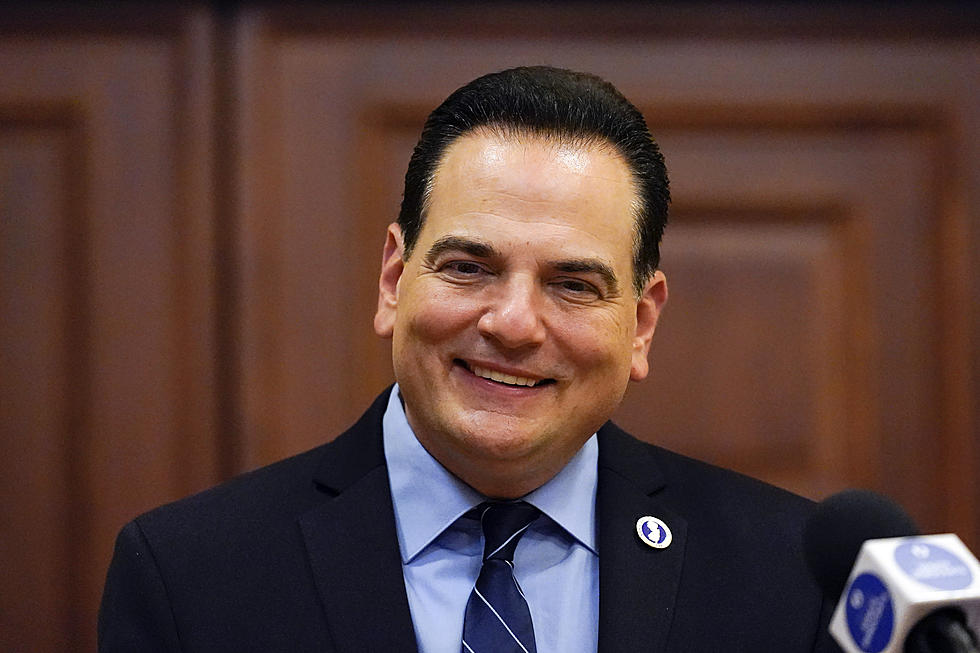
To help N.J. shift workers, bill seeks to end schedule surprises
Their arguments reinforced by a new report from Rutgers University researchers, labor activists Thursday renewed their campaign for a state law guaranteeing more predictable work schedules for people employed by bigger businesses in four industries.
The effort was first announced last October, but the bill wasn’t among the priorities in the lame-duck legislative session that ended a few weeks ago. Its backers believe the retooled bill may be taken up by the Senate Labor Committee in February, most likely on Feb. 13.
The bill requires two weeks’ notice for a work schedule, extra pay if shifts are less than 12 hours apart and additional hours for willing workers before new employees can be hired. Adil Ahmed, director of organizing and policy for Make the Road New Jersey, said workers and families can’t wait.
“The erratic on-call scheduling instability epidemic facing hourly workers has got to end,” Ahmed said.
“This is, I think, one of the major workers’ rights, civil rights issues,” said Sen. Nia Gill, D-Essex, one of the bill’s sponsors.
The new scheduling rules would be imposed on large employers with at least 250 employees, not necessarily in New Jersey, in four industries where low-wage jobs are common: warehouse, fast-food, hospitality and retail.
The report issued Thursday by Rutgers researchers derives from focus groups held with women in three of those sectors – all but hospitality – that explored how they are affected by unstable schedules that can vary by week and require them to remain on-call.
“Not only is it impossible to budget when your hours fluctuate from week to week, but practices like open availability and clopening cause women to pay extra for transportation and child care,” said Elaine Zundl, research director at the Rutgers University Center for Women and Work.
‘Clopening’ refers to being scheduled for a closing shift one day and the opening shift the next.
Yarrow Willman-Cole, the workplace justice program director for New Jersey Citizen Actions, said the proposed bill, S921, is a next step after paid family leave expansion and guaranteed paid sick leave.
“It is an important piece of the puzzle in terms of how we can guarantee that workers can afford to take time off to care for themselves and their loved ones and not risk losing their jobs,” Willman-Cole said.
Michele Siekerka, chief executive officer and president of the New Jersey Business and Industry Association, said the proposed bill “is yet another strike against small business owners” dealing with an increasing minimum wage, higher energy costs and the added family-leave and sick-leave benefits.
"Further, this bill could eventually harm employees who actually seek more flexible hours in the food service, hospitality and retail industries, in particular,” Siekerka said. :We anticipate that, without key changes to this legislation, it will have unintended consequences for those seeking flexible scheduling that can accommodate their work-life balance."

Ahmed says workers at small businesses deserve fair work weeks, too, but that the bill is limited to employers with at least 250 workers in an effort to be reasonable and mirror the approach in cities with similar laws.
“Two hundred fifty is actually kind of like the number you get at where you cover the big-box employers, but you’re not sort of covering the mom-and-pop shops,” Ahmed said.
Michael Symons is State House bureau chief for New Jersey 101.5. Contact him at michael.symons@townsquaremedia.com.
More From New Jersey 101.5 FM









